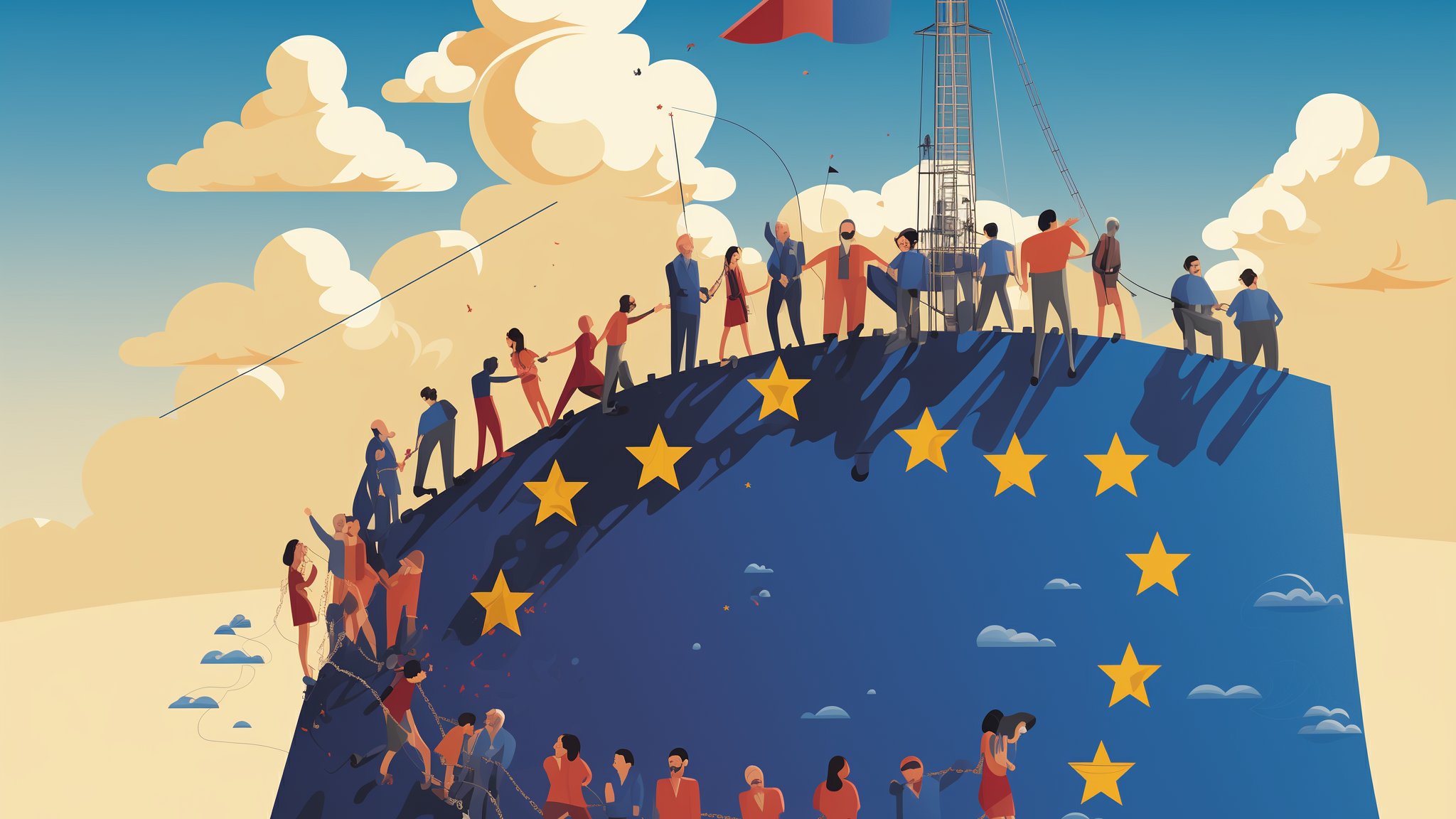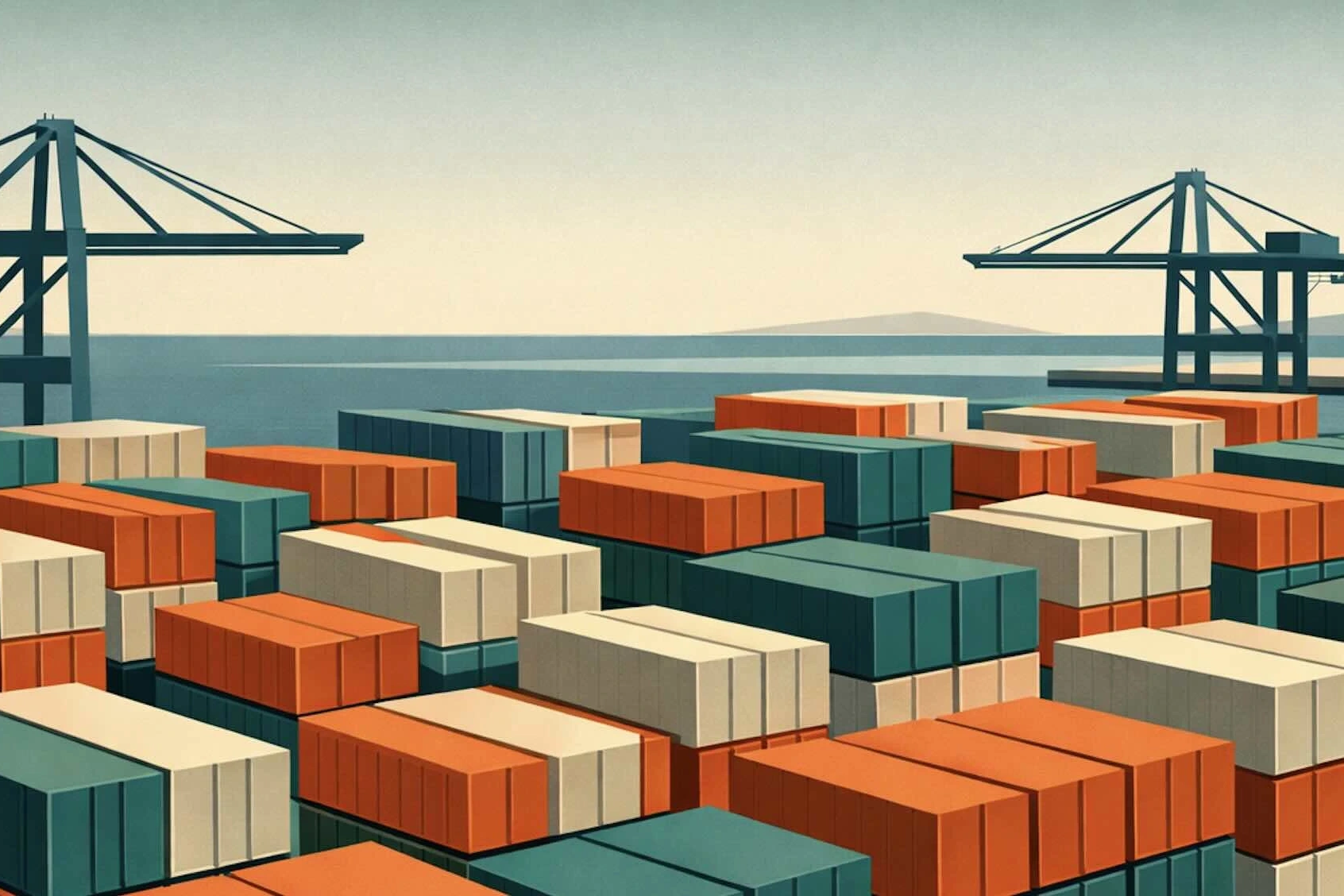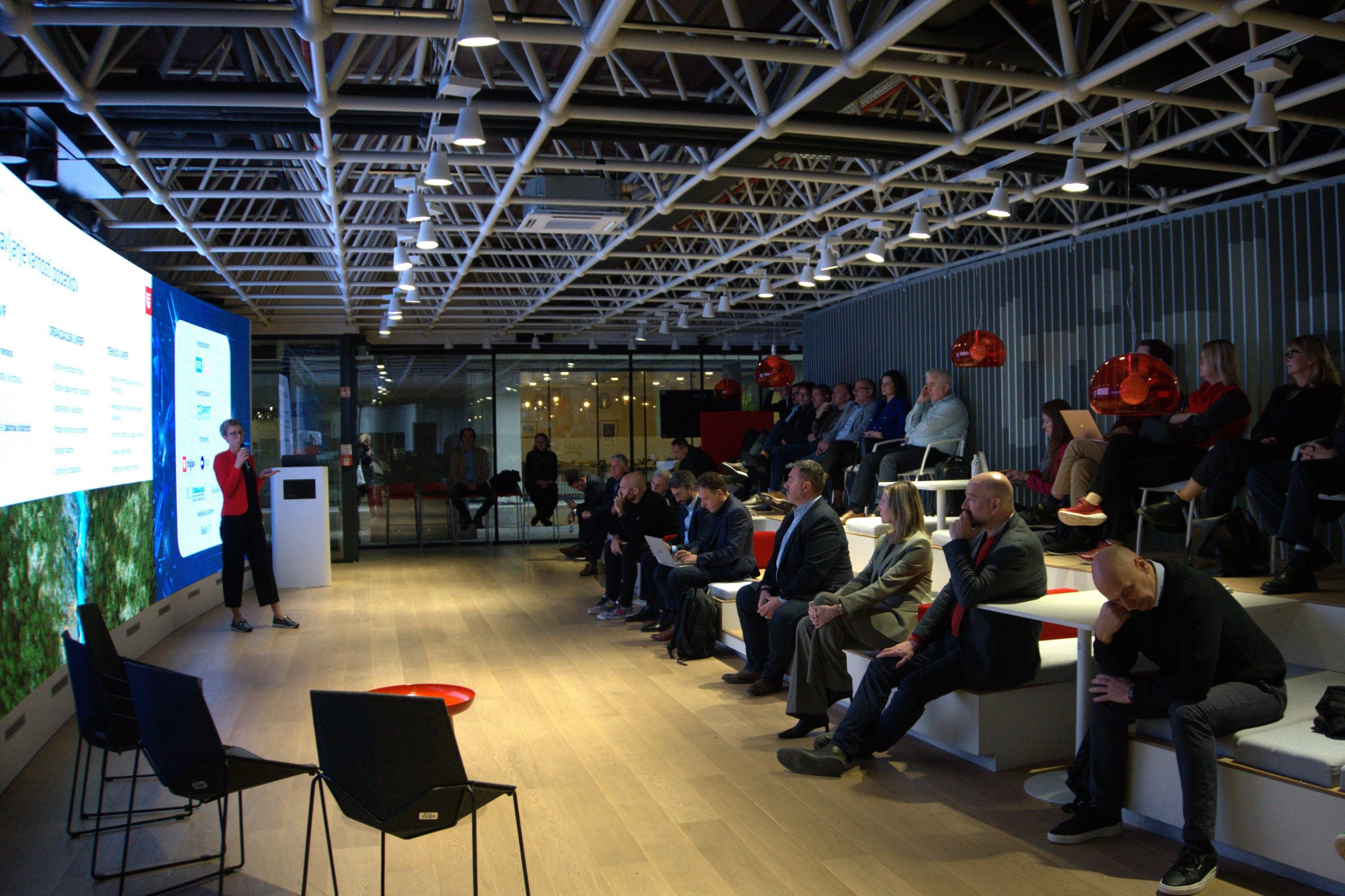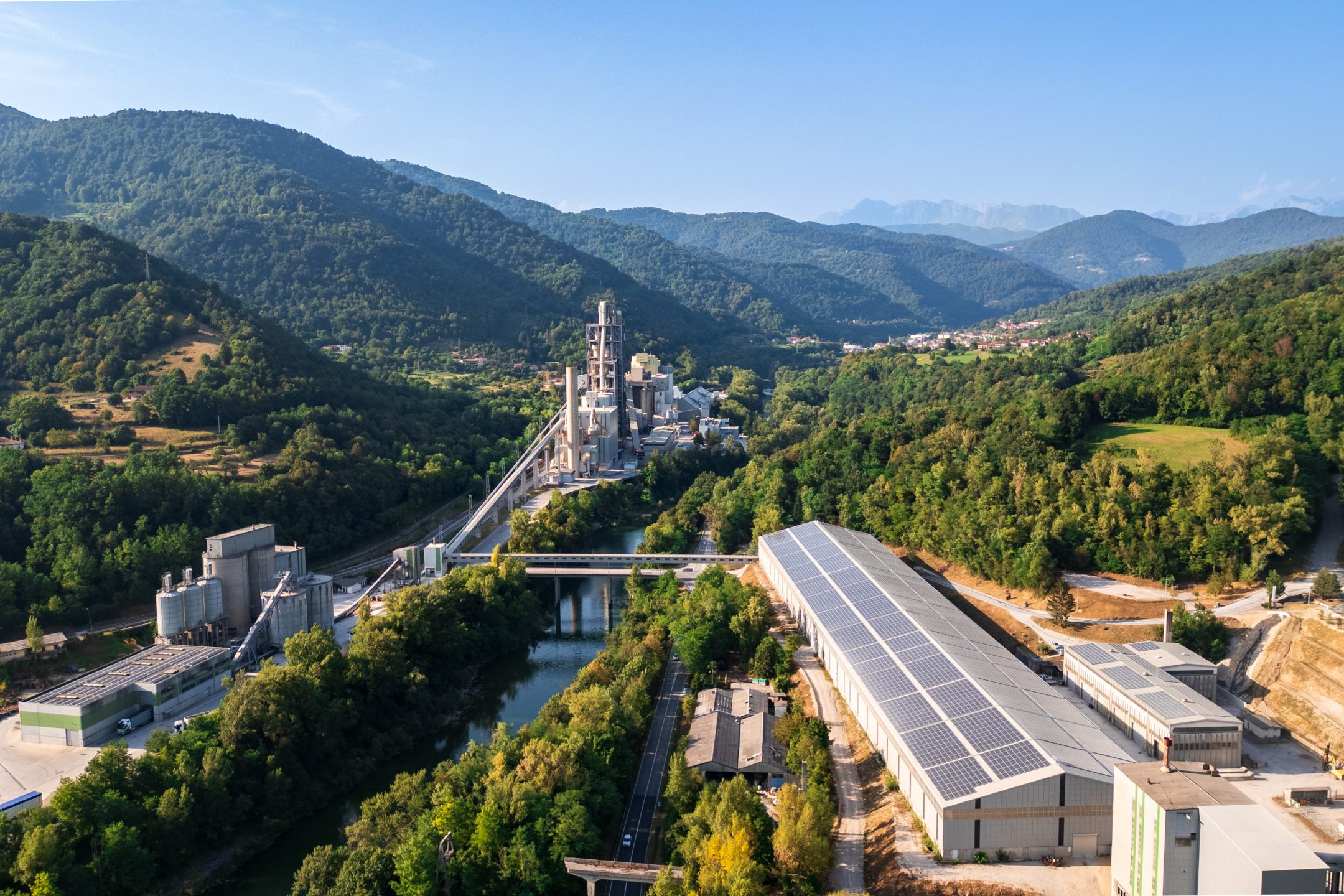Path to the EU
Andraž Tavčar
“Enlargement is no longer a dream,” said the European Council chief at the Bled Strategic Forum last year. “I believe we must be ready — on both sides — by 2030 to enlarge.”
The European Commission‘s subsequent enlargement package for the year, unveiled last November, acknowledged the geopolitical imperatives driving the need for new EU members. This was largely driven by the war in Ukraine, escalating tensions in the Middle East, and the potential of a new conflict between Armenia and Azerbaijan over the Lachin corridor. In response, the EU is looking towards the Western Balkans to secure its periphery, an area where it still retains some operational leverage. That doesn’t come without its own set of challenges, however. The EU is forced to contend with diminishing support in the region, largely attributed to the drawn-out accession process and prevailing economic malaise.
These circumstances put the EU under considerable pressure to hasten its plans. Measures that kicked off with the commencement of admission talks with Albania and North Macedonia and granting candidate status to Bosnia and Herzegovina in 2022 have now shifted towards a concerted thrust to expand into the region by 2030.
Diplomatic tiptoeing
For two decades, the prolonged Kosovo-Serbia conflict has presented numerous attempts for resolution. Since Kosovo’s self-proclaimed independence in 2008, which Serbia didn’t acknowledge, the European Union has been playing referee as of 2010, offering the sweetener of membership as a peacekeeping incentive. The Brussels Agreement, an impactful deal officiated by the EU in 2013, was a significant stride towards improving Serbia-Kosovo relations, with a focus on governance and collaboration matters.
However, according to Michael Emerson, a senior research fellow at the Centre for European Policy Studies (CEPS) specialising in EU enlargement, both countries currently stand at a crossroads. “Serbia and Kosovo rule themselves out for any realistic prospects of accession until and unless they have peacefully normalised their relations,” he states. “The Franco-German paper earlier last year for reconciling the two was a promising opening, and should still have a future, even though the two parties have descended to more hostile relations for the time being.”
Cascading calamity
The Franco-German proposal aims to facilitate the normalisation of relations between Belgrade and Pristina, particularly in response to the destabilising effects of Russia’s invasion of Ukraine on the Western Balkan region. However, the progress of these diplomatic efforts suffered a setback after a serious incident last September. Gunmen opened fire on Kosovo police, allegedly involving Milan Radoičić, the former vice-president of the Serbian List party, leading to a temporary halt in negotiations.
This is further compounded by what Dr. Ana Bojinović Fenko, Chair of International Relations at the Faculty of Social Sciences, University of Ljubljana, also sees as a discernible lack of commitment from the political leadership of both countries to pursue normalisation. “On the contrary, political elites in both states are actively exacerbating tensions, shaping national identities in a manner that is not only exclusionary but, in some instances, overtly antagonistic towards each other.”
“The Franco-German paper earlier last year for reconciling the two was a promising opening, and should still have a future, even though the two parties have descended to more hostile relations for the time being.”
Dr. Bojinović Fenko points out that, considering the relatively underdeveloped state of civil society in both Serbia and Kosovo, the responsibility largely rests with external actors — namely Germany and France — to play a more influential role in bringing the interests of these two states closer together. Despite the positive intentions underlying the efforts to initiate dialogue, she warns that the impact of such initiatives is limited if they are merely bilateral in nature. Advocating for a broader approach, she suggests that “cooperation between these countries must be fostered through the lens of wider European initiatives, engaging various sectors, including civil service, civil society, and economic stakeholders.”
In her view, this is the only way the European Union can reasonably anticipate a transformation in the internal political climate of Serbia and Kosovo in the coming seven to ten years. She argues that a fundamental shift in mindset is required: moving away from entrenched hostilities to fostering relations akin to those of amicable neighbours.
“Through this, civil society has the opportunity to fortify its position relative to the political elite to the degree that it could challenge the prevailing ethno-political narrative that defines their current national identity”, she argues. “This would pave the way for the election of a political class that fosters peaceful coexistence and constructive cooperation within the framework of European integration, not only with the broader European community but particularly with neighbouring nations.”
“Cooperation between these countries must be fostered through the lens of wider European initiatives, engaging various sectors, including civil service, civil society, and economic stakeholders.”
Bosnia's unique case
When it comes to Bosnia and Herzegovina, Emerson described it as “still in a state of dysfunctionality.” The country that formed after the signing of the Dayton Accords in 1995 has grown increasingly so, both due to its elaborate and overburdened bureaucracy and the uneven balance between the Federation and Republika Srpska and its secessionist aspirations. “Dodik’s Serb Republic is a polity that has all that the EU would not want to import into its midst,“ notes Emerson.
Republika Srpska’s refusal to align with EU sanctions against Russia and Belarus, and the conferment of the order of Republika Srpska to Russian President Putin in January 2023 add to the difficulty of absorbing an entity whose relations with Russia are in flagrant opposition to the EU’s foreign policy.
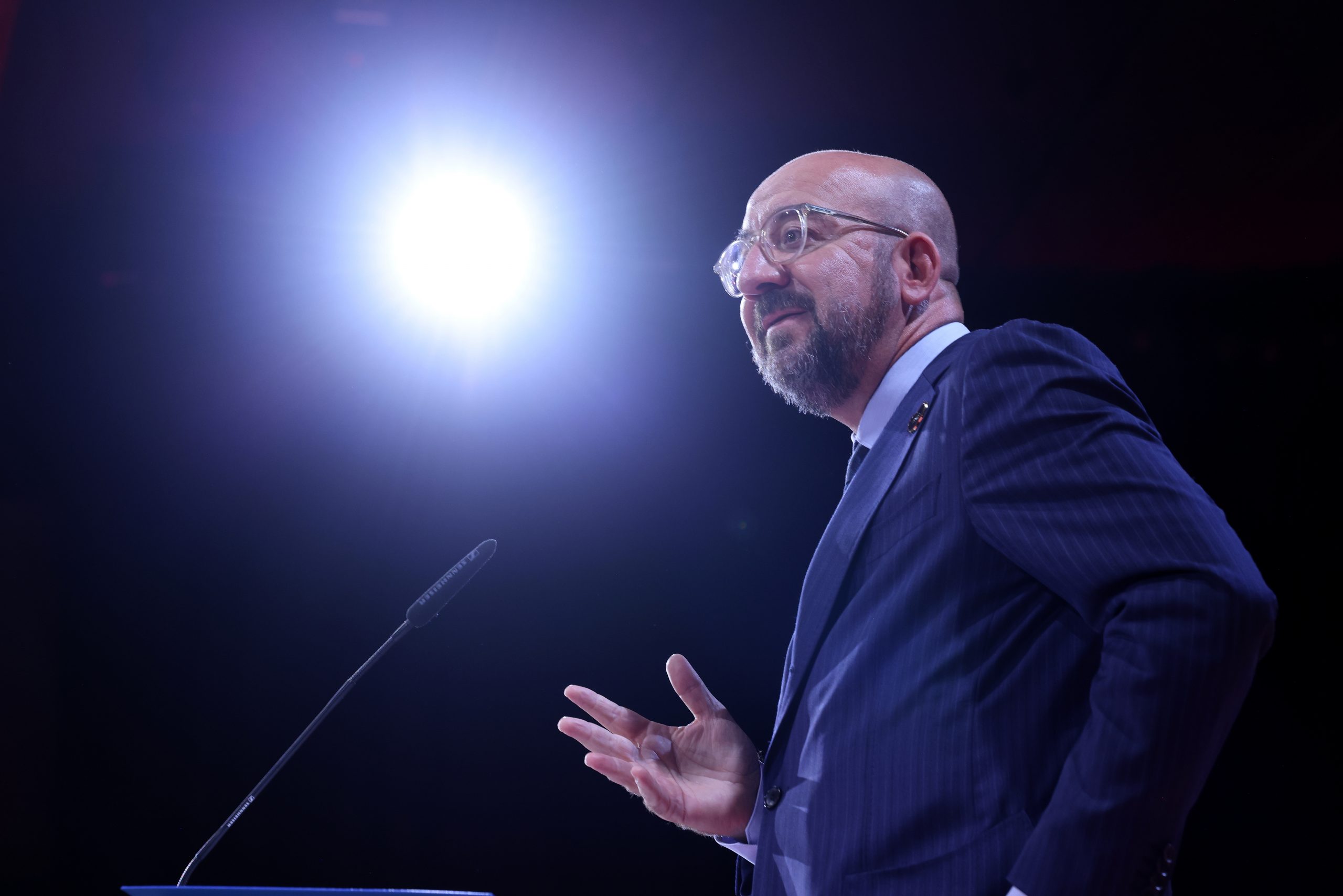
And the rest
“This leaves Montenegro, North Macedonia and Albania as more straightforward case,” Emerson suggests. “For them reforms of the enlargement methodology are crucial to dynamise the process of opening and closing chapters and assuring the requisite reforms. The least that could be done would be to switch Council decision making on chapters and clusters a matter for qualified majority voting, for which there is widespread support.”
The aim of this reform is clear: it seeks to reduce the number of states that can veto proposals. However, its implementation is challenging – achieving unanimity is a difficult task with the EU’s current 27 member states.
“The Enlargement Package is silent on this issue but does innovate with its interesting proposal of a ‘Growth Plan’, which would offer additional funding conditional on selected steps to align on important elements of the single market and the digital sector,“ Emerson notes. This plan, encompassing a six-billion-euro Reform and Growth Facility for the Western Balkans (2024-27), aims to provide pre-accession benefits, foster economic growth and socio-economic convergence, with payments conditional on the fulfilment of agreed upon reforms.
“Dodik’s Serb Republic is a polity that has all that the EU would not want to import into its midst.“
Balancing enlargement and internal reform
The Western Balkan states, as candidates for EU membership, have consistently faced considerable skepticism from some EU members, particularly regarding the inclusion of smaller and politically less stable countries. Prior to the Russian invasion of Ukraine, this cautious stance was notably echoed by French President Emmanuel Macron. He repeatedly emphasized the necessity of internal EU reform as a prerequisite for considering further enlargement.
Dr. Bojinović Fenko observes the two need not be mutually exclusive. “France has historically viewed these as separate processes, fostering a belief that one must either focus solely on enlargement or on deepening the EU’s integration.” She goes on to explain that, in the past, France has “prioritised the latter, as it allowed it and like-minded member states to project substantial influence within the EU, aligning the Union’s global stance with its national interests.” However, the addition of new member states introduces a greater degree of complexity in this equation, increasingly casting France in the role of gatekeeping enlargement.
“The least that could be done would be to switch Council decision making on chapters and clusters a matter for qualified majority voting, for which there is widespread support.”
“The legitimacy of France’s interests within the EU should be recognised,” she adds, “given that since the founding of the EU, Germany has experienced a population increase, leading to increased voting power in the Council of the EU and a greater number of allegiances with like-minded member states.” Additionally, the prospective enlargement into the Western Balkans is likely to further tilt the balance in Germany’s favor, therefore “France is determined on establishing institutional arrangements that would safeguard its influence in the Union.”
Despite these challenges, there have been efforts to agree on a path of mutual progress. Emerson references a report released last year by a Franco-German working group, titled ‘Sailing on High Seas – Reforming and Enlarging the EU for the 21st Century’ which addresses the critical question of EU reform. “The proposed deepening would involve reducing veto powers in favor of qualified majority voting, potentially implemented during the transition period of Staged Accession.” Yet, Emerson concedes that unanimity on this remains elusive.
A shift towards qualified majority voting is likely to unfold incrementally, starting with certain foreign policy decisions before expanding to other areas. In the interim, the EU might continue to allow certain exemptions for member states where unanimity is required. To make qualified majority voting more acceptable to member states, the Franco-German report proposes a “sovereignty safety net” to give countries a backstop on issues where a vital national interest is at stake, as well as giving more voting weight to smaller countries in the Council.
Absent substantial reforms within the European Union and the Western Balkan countries, President Michel’s hopeful outlook could, echoing Emerson, be deemed merely “superficial.” Achieving the ambitious objective of integrating the Western Balkan states into the EU by 2030 seems improbable without significant systemic transformations on both sides.
Dr. Bojinović Fenko offers an alternative perspective. She notes the EU has historically demonstrated its ability to integrate a large number of new members prior to undertaking institutional reforms, evidenced by the end of the Cold War and the resulting emergence of new nations in Europe. “The initial accession processes began in the early 1990s. However, the necessary institutional adjustments to accommodate an enlarged EU framework were only formalised with the ratification of the Treaty of Nice in 2003, a point at which the accession negotiations with all ten Central and Eastern European countries had already concluded.”
Reflecting on the two decades since the promise of EU membership was first made to the Western Balkans, Dr. Bojinović Fenko says “it’s high time for the European Union to move beyond the binary choice of whether to enlarge or deepen. Instead, it should concentrate its efforts vigorously on enlargement, while, at the same time, strategise and implement essential reforms to its internal institutional framework.”
The European Union has charted a course towards expansion, yet the details of how to get there remain elusive. Current discussions about enlargement are as positive as they’ve ever been, with no shortage of enthusiasm among EU policymakers. But, as much as the Western Balkans aspire towards it, the ability of the EU to reach the 2030 enlargement date ultimately presents a litmus test for the bloc as a whole and would demonstrate that Western policies are effective. With the pole of the world order shifting towards Asia, the EU is entering an era of giants, and it will have to prove whether it can adapt and stand as tall as the rest of them.
A view from the Balkan youth: Should Western Balkan countries join the EU?
Ivana Blažin, 22
3rd year student of engineering management from Serbia
“Joining the EU would in my opinion be beneficial for the citizens. But on the other hand, they might not be able to withstand so much change in a short amount of time. Becoming a European Union Member brings a lot of benefits, but I don’t think Serbia is ready for it or willing to change too much.”
Natali Buli, 18
High school student from Albania
“In my opinion, Albania needs a push to show more of itself; we are often judged, but people do not know us. We want to put forward how beautiful our country is. We all have different types of tourism, but apart from that, we have so much more to offer. Joining the EU could help us embrace all of that, all our differences and those things that make us unique. It would be a great push and a great motivation for young people to work on improving our country even more.”
Ilma Šahinović, 25
First year student of Masters of International Relations, from Bosnia and Herzegovina
“I believe there are upsides and downsides to this. Personally, I am more in favour of Bosnia and Herzegovina joining the EU, as I believe it will open more doors for young people here and potentially finally slow down the constant rise in brain drain. This could essentially strengthen our bonds with the rest of the Europe and increase our living standard.”
Matic Hrabar, 19
Student of biotechnology from Slovenia
“For EU to expand, reforms and new legislations need to be introduced within the existing institutional frameworks. One example is the veto rule, that should be changed when EU is preparing for expansion. The past few years, we have seen many examples of countries backing each other up, with some countries, even in cases of human rights violations.
Changes also need to happen in prospective Member States, as they did in Slovenia, before we joined EU. This is where we, Slovenia, and the EU can support them. Financing stronger democracies, independent judiciary etc. Only then, when both the EU and prospective Member States introduce the needed reforms, could we step into this newly formed relationship in a way that is truly beneficial for all. Which it should be. For Slovenia, joining the EU was very beneficial so there is no doubt that the same could happen for the other countries of the Western Balkans.”
Prepared by Tibor Remškar.
THE ADRIATIC
This article was originally published in The Adriatic Journal: Strategic Foresight 2024
If you want a copy, please contact us at info@isr.si.

